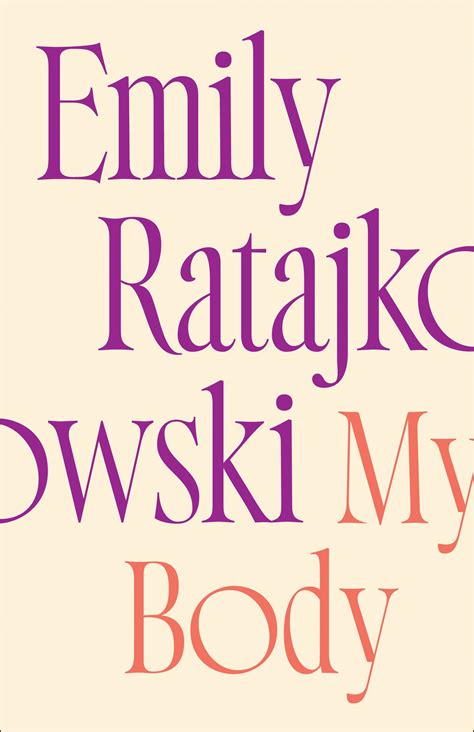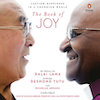
A friend of mine from my masters course has consistently posted excerpts from Emily Ratajkowski’s book for almost as long as I have known her. The frequency and enthusiasm has been so consistently high, such as one might think she was a hired publicist. Some of the quotes struck me, as I scrolled past them on her Instagram story, but in my absentmindedness, this converted to little more than blowing a little extra air out of my nose. Fast forward two years, and I was taking myself out on a date to the local shopping centre on Barbenheimer weekend. I stumbled across the book while I was browsing in Waterstones, and decided that today was a good a day as any. I opened the book.
My Body is a frank and necessary reflection about the crude spectacle that is contemporary celebrity culture. Hollywood (applied here as a metaphor for the entertainment industry) is a world that most of us are inextricably linked to, through our obsessive consumption. However, it is also a world we live so desperately far from. Perhaps what fuels our insatiable intrigue is how deeply unattainable Hollywood feels. We do not see people so much as talent, art and – as I said – spectacle. We are simultaneously repulsed and envious. So, how insightful it was to be repositioned for a moment, to understand what it is not to look at, but to be seen; not to stare but to be stared at. Thank you for offering your experiences as a point of deep reflection for not just Hollywood, but for those of us whose purchase power continues to uphold it.
While this piece is undoubtedly and deeply personal, it also offers itself in some way as a case study. That is to say, Emily continually reminds the reader that there are many women who have shared similar experiences. From one perspective, the majority of us are forced to use our physical beauty or attributes to progress in a society where human value is associated with your perceived desirability. While not all of us are successful models and actresses, these dynamics play out just as commonly in more conventional arenas.
Despite her visibility and fame, I find Em Rata to be refreshingly self-aware. She references her whiteness, she understands the privileges associated with her widely accepted beauty. Rather than rejecting that, she simply poses the counter challenge that one does not have to feel grateful to patriarchy for the gifts it offers to the women it hyper-sexualises. A nuanced, matured and powerful assertion. One I deeply respect, especially for a person whose financial survival has in many ways depended on navigating this.
Em Rata has artistically communicated her inner reflections and experiences in such a transparent way that not only can I respect her conclusions, I can relate to them. Thank you for offering this piece of your heart. Thank you further for the call to action it implies to all of us to divest from a value system which does not allow women the fullness of being. Our value is more than our beauty. My value is more than my beauty. We can choose to exist as all that we are.

